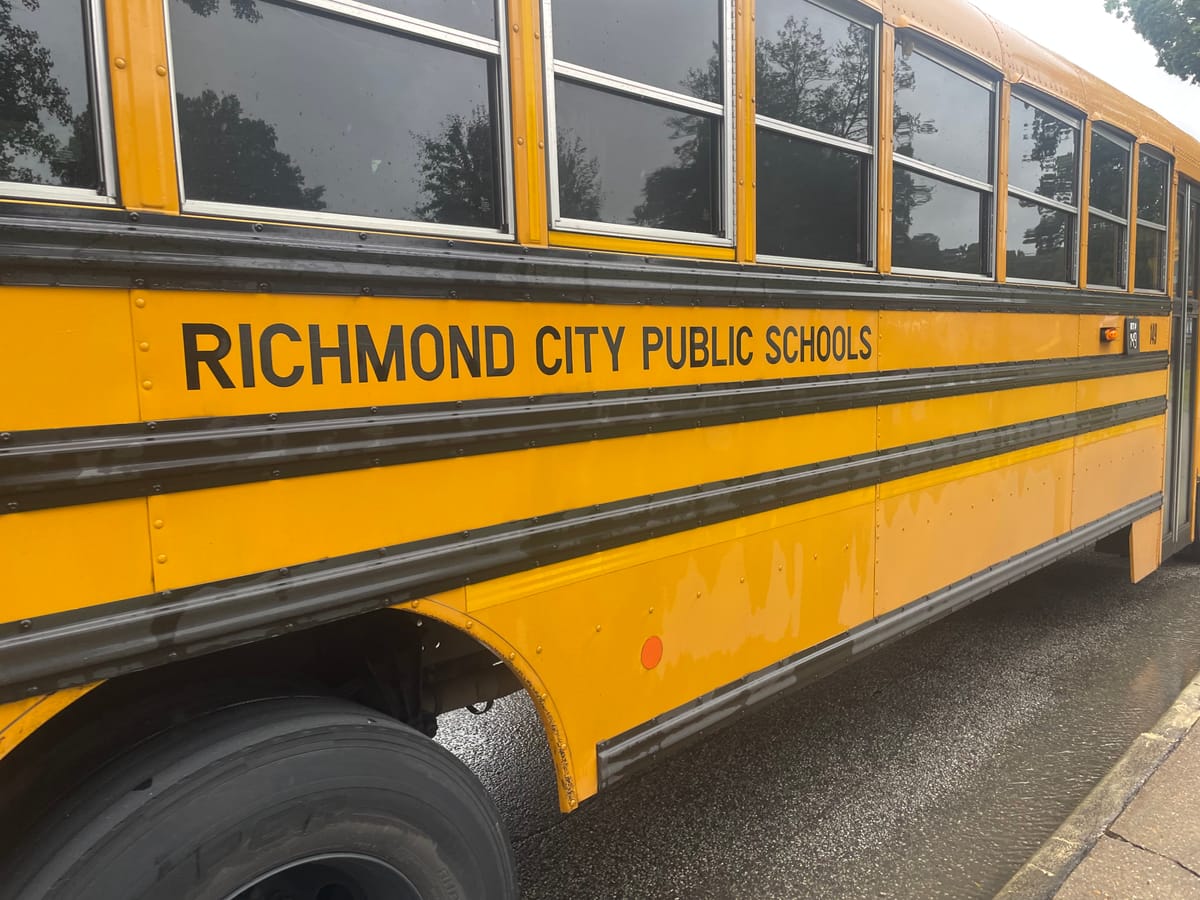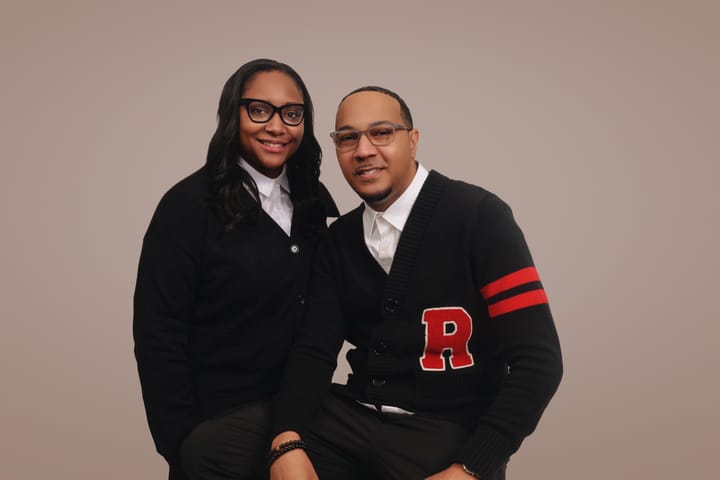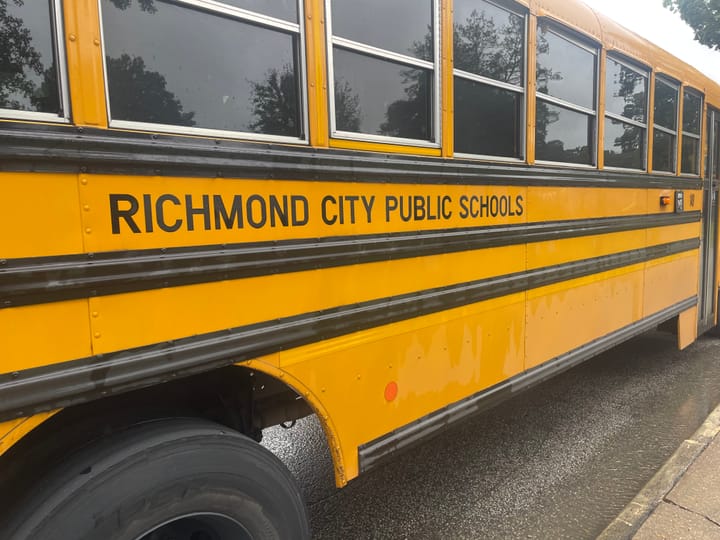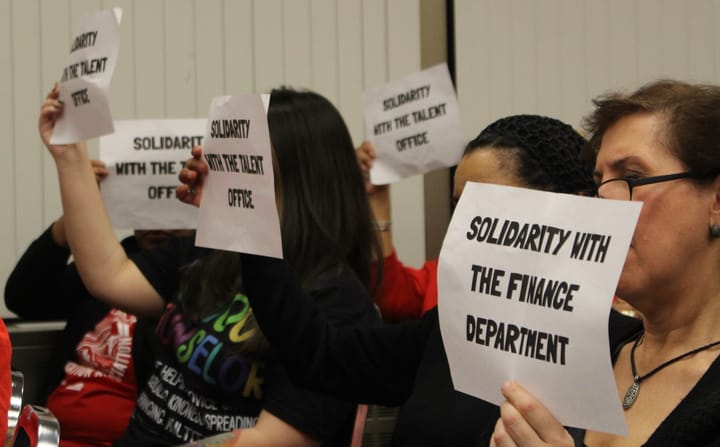
School board gives unions two days unpaid leave per month for union management
Richmond schools will give union leaders two unpaid days of leave per month for union management after a School Board vote last week.
The decision offers more time than Superintendent Jason Kamras’ administration previously proposed but less than the year of unpaid leave the teachers union says is necessary to manage issues that arise among the thousands of employees they represent.
Anne Forrester, president of the Richmond Education Association, the teachers union, called the decision “disappointing,” and said it overturned a longstanding division practice of granting the president unpaid leave.
The two days, she added, is “better than nothing, but in the long term I just think it speaks to retaliatory behavior from the administration.”
Kamras’ administration, however, has repeatedly expressed concerns that automatically granting union leaders leave could exacerbate an already challenging teacher vacancy situation. Instead, he initially pushed for the division to have the discretion to grant or deny any union leader’s request.
Last Monday, RPS Chief Talent Officer Maggie Clemmons said the division needs to fill 111 teacher positions. The current teacher vacancy rate is 10.2%, slightly lower than the 11.5% rate Richmond Public Schools recorded at the same time last year.
REA maintains that any vacancies from allowing the leave would be more than offset by improvements in teacher retention that it says a well-managed union could produce.
According to data provided by Catherine Lee, general counsel for the Virginia Education Association, the statewide union organization, every REA president from 1989 to 2016 was granted unpaid leave. Between 2016 and 2023, the union didn’t request the leave due to its own budgetary constraints.
Neri Suarez, Forrester’s predecessor at the REA, asked for the leave, but her request was denied by Kamras’ administration. When she refused to come back to work, RPS fired her in a move that has earned it consistent ire from the union. The School Board later upheld the termination.
“There has no been other Virginia school division that has denied union leave to my knowledge,” said Lee, who also represented Suarez. Districts including Fairfax, Prince William, Arlington, Loudoun, Chesterfield and Virginia Beach have all allowed union presidents to go on leave for management duties, she said.
While the vacancy concerns have appeared to sway many School Board members away from backing the year proposal, several also asked Kamras this August to come up with an approach that could provide more “support” for union leaders. On Dec. 2, Kamras recommended automatically granting the leader of each union that represents RPS employees one day of unpaid leave per month.
Three unions — the Richmond Education Association, LiUNA and the Teamsters — represent various groups of RPS employees. The REA represents licensed personnel like teachers, as well as support staff, Central Office employees and school-based office associates. LiUNA Local 804 represents the division’s transportation workers, while two different Teamsters locals represent administrators and custodial and facilities workers.
Kamras previously told the board the policy it considered in August could produce seven vacancies, while REA insisted it would produce a maximum of four. The disagreement stemmed from the parties’ interpretation of whether the leave would apply to different collective bargaining units or the overall unions.
The language the administration put forward this December would apply to the leaders of the three unions, Kamras said.
However, because the elected leaders of the Teamsters and LiUNA locals are not currently school personnel, the decision primarily affects REA and one potential vacancy each year.
“This was always about one,” said 3rd District member Kenya Gibson, a vocal supporter of collective bargaining who has repeatedly argued in favor of granting union leaders a year of leave.
But while Kamras’ latest proposal was more generous than his August recommendation, 5th District member Stephanie Rizzi noted it was “obviously not a compromise that our unions appreciate.”
That was evident in an email sent by Forrester to all School Board members prior to the vote, in which she called it “both unrealistic and unsustainable that the administration expects union leaders to effectively lead a union while working full-time.”
“I worry this reflects the culture of martyrdom and self-sacrifice in RPS that leads to burnout and so much of the retention problems with staff in our district,” she wrote.
At the Dec. 2 meeting, Rizzi proposed increasing the one day monthly allotment to two days, a suggestion Kamras called a “fair and reasonable compromise.”
Seven of the board’s nine members voted in favor of the two-day policy. Fourth District member Garrett Sawyer abstained.
While Gibson walked out of the room just prior to the vote and was marked absent, she sharply criticized the proposals earlier in the evening, saying she was “disappointed that this is what we’re given.”
“I just don’t see how an unpaid employee is going to be able to move the needle one day a month,” she said.
Forrester and Lee both argue that particularly since RPS embraced collective bargaining, it’s impossible for a full-time employee to also do the full-time work of managing labor-division relations.
“I think at the core it’s a policy issue. I don’t know whether the School Board has all of the facts to make a good decision and I don’t think their current policy is in the best interest of Richmond Public Schools, sadly,” said Lee. “Not having that full-time release president really makes it difficult for the collective bargaining work to happen successfully.”






